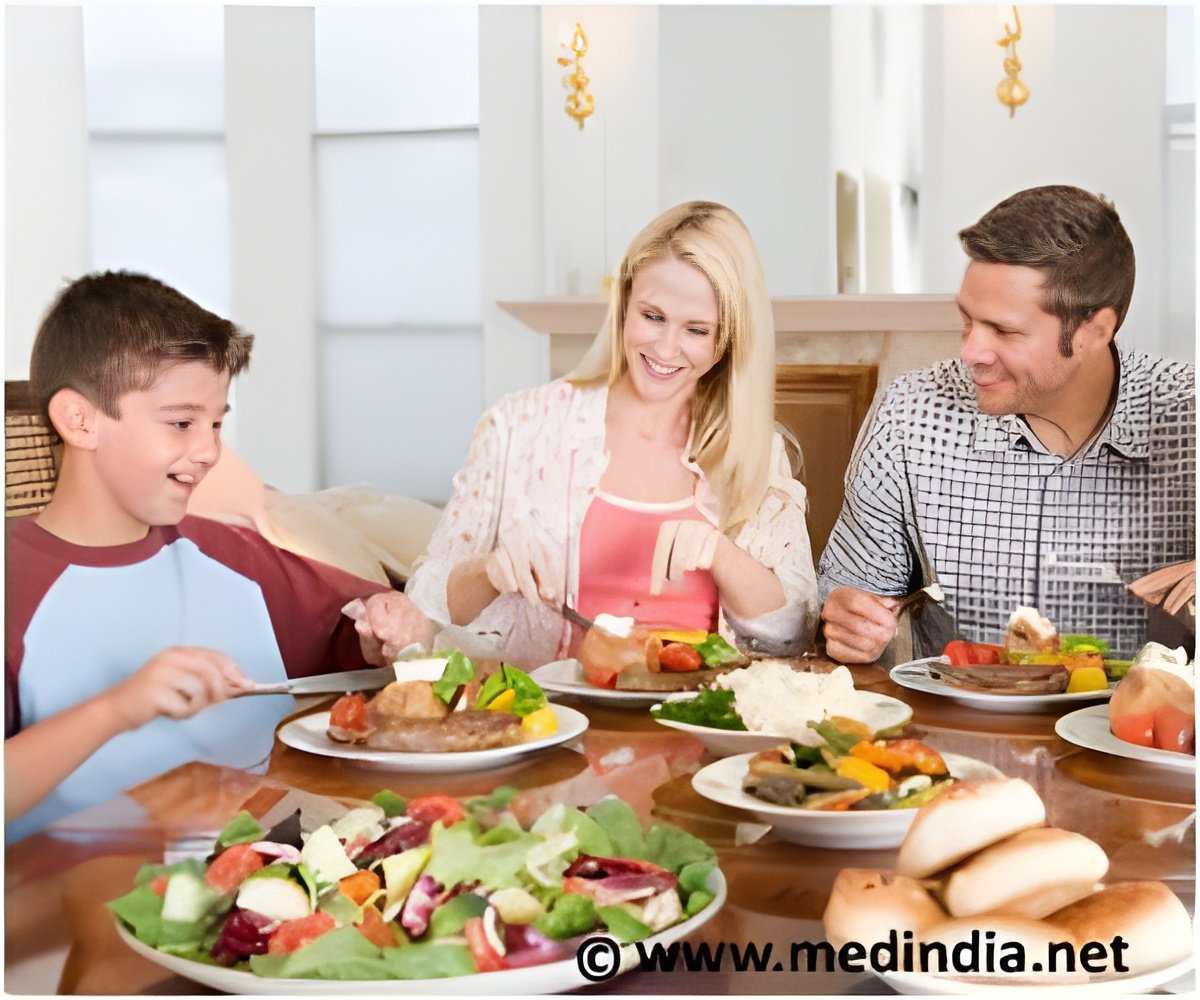Jerome and Marylin are serious about what goes on their plates and yearn to return to the self-sufficient farming of bygone days in food-loving France.

Since then, they have reclaimed a progressively larger share of the food they and their two sons eat, producing it themselves instead of buying it at the store.
"This year, we started a vegetable garden and bought our first animals -- two pigs, three goats and some rabbits," said Marylin, 37.
Their hillside farm sits at the end of a dirt road near the village of Saint-Die-Des-Vosges -- a big old house surrounded by trees where apples, pears, cherries, plums and walnuts grow.
What began as a plan to move to "somewhere a little bit isolated" has gradually become something else, said Jerome, 38.0
"We said to ourselves, 'Why not go further?'"
Advertisement
"That means we can't eat as much meat as we do now," he said.
Advertisement
A broadcast technician by training, Jerome still works about 10 days a month in Strasbourg, 90 kilometres (60 miles) away.
Marylin stays home, works on the farm and takes care of their two sons, aged seven and 10.
They are not militant environmentalists.
Still, some of their relatives find their new life bizarre, they said.
"Our parents are very caught up in the post-war drive to produce and consume. They don't understand us very well," said Jerome.
But France, a country whose culinary culture runs deep, is increasingly concerned about the impact of industrial agriculture on the food people eat.
Last year, 3.5 percent of the land cultivated in France was devoted to organic farming -- a small fraction of the total, but an 85-percent increase in five years.
The number of organic farms has grown 104 percent in five years, and the organic farming industry is now worth four billion euros ($5.4 billion) a year.
But Jerome and Marylin said they see major problems with organic food, too, including the demanding system for getting products certified.
"There are two ways of doing things today: organic and industrial," said Jerome.
"We need to change that vision."
"Organic produce is expensive, and also, people don't necessarily look at how far the products had to be transported to the supermarket."
Patience and a pair of pigs
According to data compiled by the US solar panel firm One Block Off the Grid, it takes about two acres to feed a family of four for a year, on a mostly vegetarian diet with eggs, dairy and a little meat from three pigs.
Jerome and Marylin have devoted one hectare (2.5 acres), out of the five that surround their house, to their animals and their vegetable garden, which has a small greenhouse.
"We haven't bought any vegetables since spring," said Marylin.
The rest will take patience.
The couple's pigs are black Gascons, a breed they chose for its heartiness but which takes 15 months to fatten, they said.
"With other pigs it only takes six months, but you have to give them antibiotics and concentrated food," said Jerome.
They will not be butchered until next summer.
By then, the goats will have started giving milk. Marylin said the family plans to learn to make cheese.
They also plan to buy chickens, ducks and two more pigs, and plant strawberries, raspberries and more fruit trees.
Their target is to grow all their own vegetables year-round and 80 percent of their fruits within a year, eating some fresh and making jams, sauces and homemade canned food with the rest.
And while such things as coffee and cooking oil will still have to be bought at the store, they said they plan to renovate the farm's large oven to make their own bread.
"We're getting there, step by step," said Jerome.
Source-AFP








